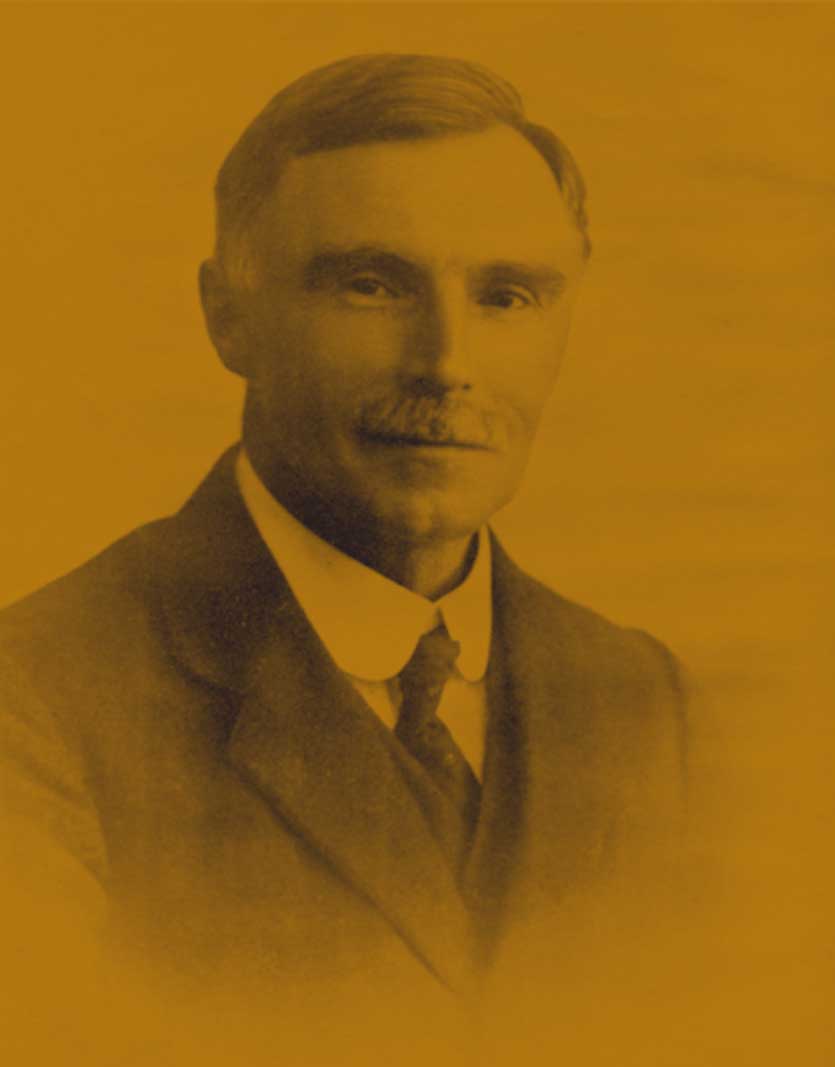Marmaduke Pickthall
(born Marmaduke William Pickthall; 7 April 1875 – 19 May 1936) was an English Islamic scholar noted for his 1930 English translation of the Quran, called The Meaning of the Glorious Koran. His translation of the Qur'an is one of the most widely known and used in the English-speaking world. A convert from Christianity, Pickthall was a novelist, esteemed by D. H. Lawrence, H. G. Wells, and E. M. Forster, as well as a journalist, headmaster, and political and religious leader. He declared his conversion to Islam in dramatic fashion after delivering a talk on 'Islam and Progress' on 29 November 1917, to the Muslim Literary Society in Notting Hill, West London. Marmaduke William Pickthall was born in Cambridge Terrace, near Regent's Park in London, on 7 April 1875, the elder of the two sons of the Reverend Charles Grayson Pickthall (1822–1881) and his second wife, Mary Hale, née O'Brien (1836–1904).[2] Charles was an Anglican clergyman, the rector of Chillesford, a village near Woodbridge, Suffolk. The Pickthalls traced their ancestry to a knight of William the Conqueror, Sir Roger de Poictu, from whom their surname derives. Marmaduke William Pickthall, 1875 (Text & Photo :Wikipedia)

HOLY QURAN
In 1928, Pickthall took a two-year sabbatical to complete his translation of the meaning of the Qur'an, a work that he considered as the summit of his
achievement.
Like any other Muslim scholar, Pickthall too maintained that the Qur'an being the word of Allah (SWT) could not be translated. He wrote in his foreword: "The Qur'an cannot be translated." Understandably he titled his work that he finally published in 1930 as The Meaning of the Glorious Koran (A. A. Knopf, New York 1930), declaring that it is a simply a meaning of the Message and not a presentation in English of the Arabic text. It was first by a Muslim whose native language was English, and remains among the two most popular translations, the other being the work of Abdullah Yusuf Ali.
The mission of 'translating' the Qur'an had preoccupied Pickthall's mind since he reverted to Islam. He saw that there was an obligation for all Muslims to know the Qur'an intimately. Even while serving as an imam in London in 1919, he often put aside the then available translations and offered his own in the course of his khutba.
His devotion to the Book - a "wonder of the world" - was profound and he noted that while he had great difficulty in remembering a passage in his native English, he could easily memorize "page after page of the Qur'an in Arabic with perfect accuracy." Pickthall warned against the danger of adoring the book rather than its content. He chided the Muslims to "keep the message always in your hearts, and live by it." In his introduction to the surahs, Pickthall has powerfully focused on the universality of Islam.
During the course of his translation, Pickthall consulted scholars in Europe, and as a conscientious Muslim he wanted to secure the approval of the most learned authority, the ulema of Al-Azhar in Egypt. Towards this end, he traveled to Egypt in 1929 and stayed in Cairo for three months where he had the support of Rashid Rida. Some scholars suggested that the king reportedly believed that translating the Qur'an was a grave sin and any one aiding Pickthall could be
dismissed from Al-Azhar. Pickthall brushed aside their various suggestions and continued consulting the Al-Azhar scholars.
. E. Bosworth in his Encyclopedia of Islam says that Pickthall was "familiar with European Kur'an criticism, which he accepted and applied selectively.
Allen and Unwin published Pickthall's work under license from Knopf in England in 1939. Later, Pickthall completed an edition of his translation with
corresponding Arabic text (mushaf) within days of his final departure from India. This bilingual edition was first published in two volumes by the Government Press in
Hyderabad. Allen and Unwin also took over this edition in 1976. In 1953, the English text was issued in New York as a paperback in the New American Library.
Pickthall's translation itself has been translated. In 1958 extracts were put into Turkish by (inasi Siber) in Ankara. Other extracts were published by M. Cevki Alay and Ali Kitabo in Istanbul the same year. In 1964 it was rendered into Portuguese in Mozambique and in 1960 a trilingual edition - English, Arabic and Urdu -
appeared in Delhi. It has also appeared in Tagalog, the language of the Moro Muslims in the Philippines.
In 1982, in response to criticism by a Pakistani scholar, Pickthall's translation was scrutinized by the Islamic Ideological Council of Pakistan and found to be a
satisfactory translation. Earlier, his successor as editor of Islamic Culture, Muhammad Asad produced a new translation of the Qur'an after expressing dissatisfaction over Pickthall's knowledge of Arabic. Similarly, Professor Ahmed Ali of Pakistan prefaced his translation that he had undertaken the work to correct Pickthall's "errors".
In early 1935, Pickthall, just shy of sixty, retired from the Nizam's service and returned to England. In 1936 he moved to St. Ives where he died on May 19, 1936 and was buried in the Muslim cemetery at Brookwood, Surrey, near Woking on May 23. Later another illustrious translator Abdullah Yusuf Ali was to join him in this earthly domain.
Perhaps the elegy published in Islamic Culture summed up this illustrious life that Muhammad Marmaduke Pickthall was a "Soldier of faith! True servant of Islam!"
https://www.islamicity.org/1678/muhammad-marmaduke-pickthall-in-service-of-islam/
